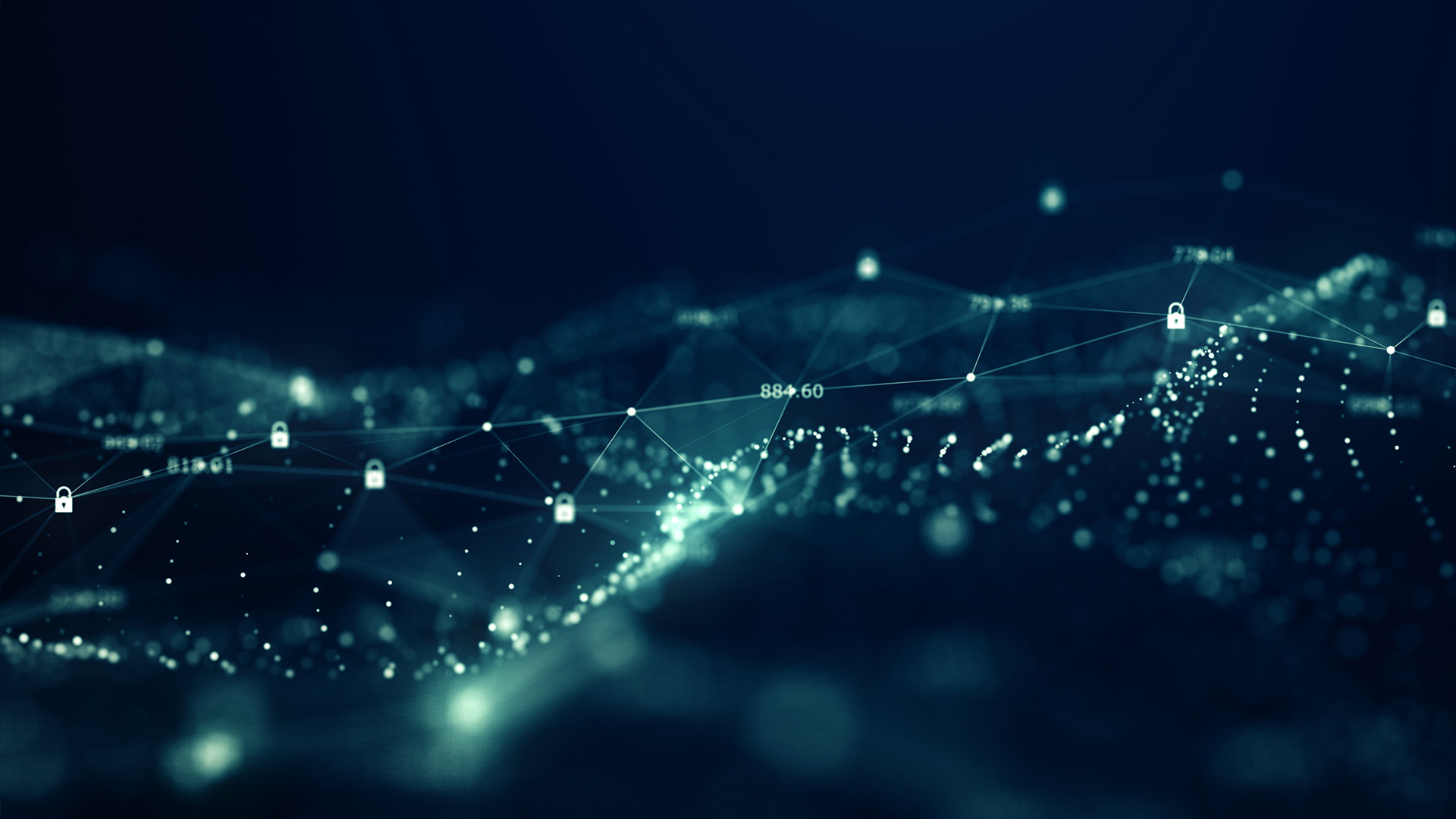On Episode 26 of The Cyber Security Matters Podcast we were joined by Simon Hunt, the Chief Product Officer at Reveald. Simon is a prolific industry leader and inventor within cybersecurity and technology, specialising in protecting financial information. He also sits on a number of boards within the Cyber Security industry and volunteers with the American Red Cross. During the episode, Simon shared his insights into the relationship between Cyber Security and AI, which you can read here:
“I am super excited about the possibilities of generative AI. But, let’s remember that generative AI is guessing what it thinks the most likely word to come next will be. It’s fascinating how much reasonable content it has created just by guessing what word comes next using statistics. That’s fascinating to me. Ask Chat GPT to write a children’s story or love letters to your wife and it’s amazing.
But the eye opener for me was that the systems I built create very complicated output, and you have to have a huge amount of expertise to interpret what it generates. We do a lot of work to turn that into stories that people understand. We found that we could throw that raw data into a generative AI model and it would make a readable explanation. If I wanted to tell somebody what their problem is, it would do that perfectly for me.
I realised I could do it in Japanese, or Baja, I could tell it to write it in any language – and it’s not translating the English output into Japanese, it’s translating the raw data into Japanese. The translation or output is still a beautiful, understandable story. My challenge was taking raw data and making it simpler, because there used to be a huge natural language problem. Now it’s generative AI’s problem.

Now, of course, we have the problem of misinterpretation, but we have the opportunity to eliminate the requirement for super talented experts and make our process more scalable. That is intriguing to me. I’m not trying to automate everything; I’m saying that we should automate as much as possible and redirect human talent.
For me, AI is not discovering new things, it’s making our discoveries consumable and actionable for a wider range of people. Who knows where it will go? But now we can take entry level people that are at the beginning of their cybersecurity awareness, and make them as powerful as the experts of today. If we can do that, then we can cut the legs off this problem.
Fundamentally, it’s not intelligence. AI is not adding any unique insight. It’s shocking how little unique insight we need to write a two page children’s story just by predicting the words that come next. However, we need to be careful with our expectations. You can’t ask it to solve cancer. If it came up with an answer, it would just have regurgitated something that a person has already tried.
There is a challenge. If you ask AI to compare two companies, it will generate an output that would take you hours to do by hand. As a timesaver it’s amazing, but schools are worrying because it’s becoming indistinguishable from natural language, so how do you tell it’s not plagiarism? It’s a tool that we should use to take complicated information and make it consumable by people who are not domain experts. I can solve that industry challenge with predictive text.”
To hear more from Simon, tune into Episode 26 of The Cyber Security Matters Podcast here.
We sit down regularly with some of the biggest names in our industry, we dedicate our podcast to the stories of leaders in the technologies industries that bring us closer together. Follow the link here to see some of our latest episodes and don’t forget to subscribe.


